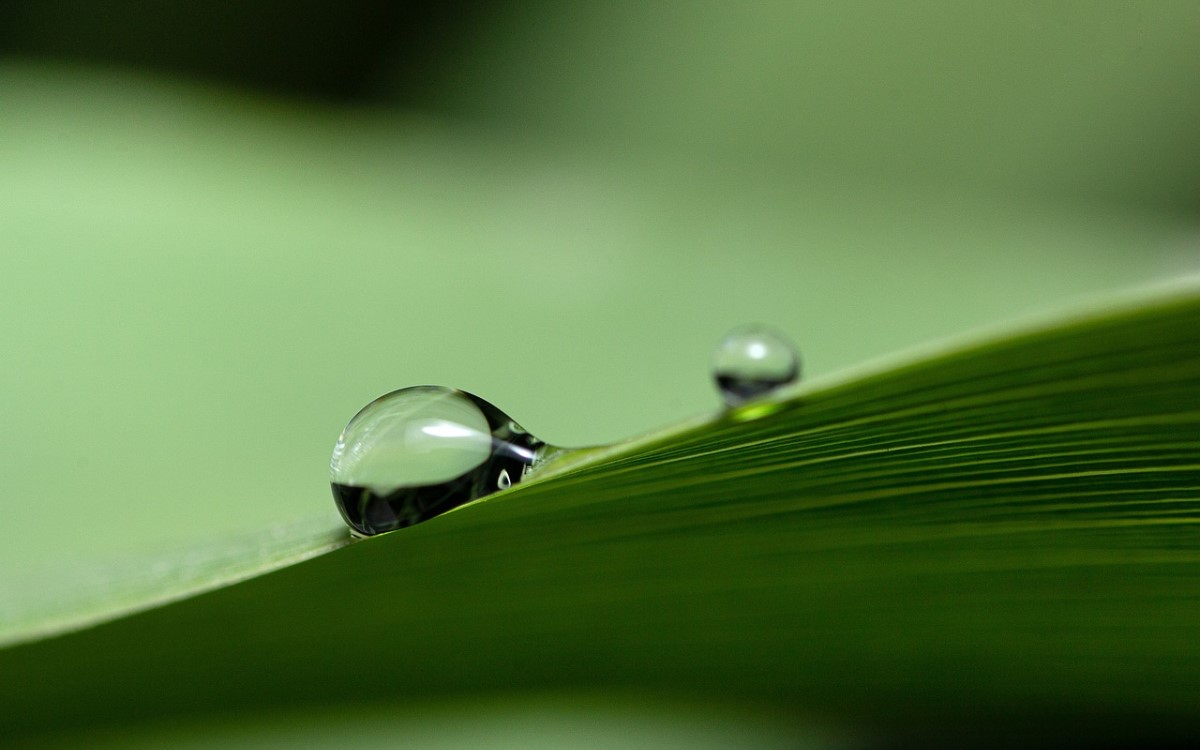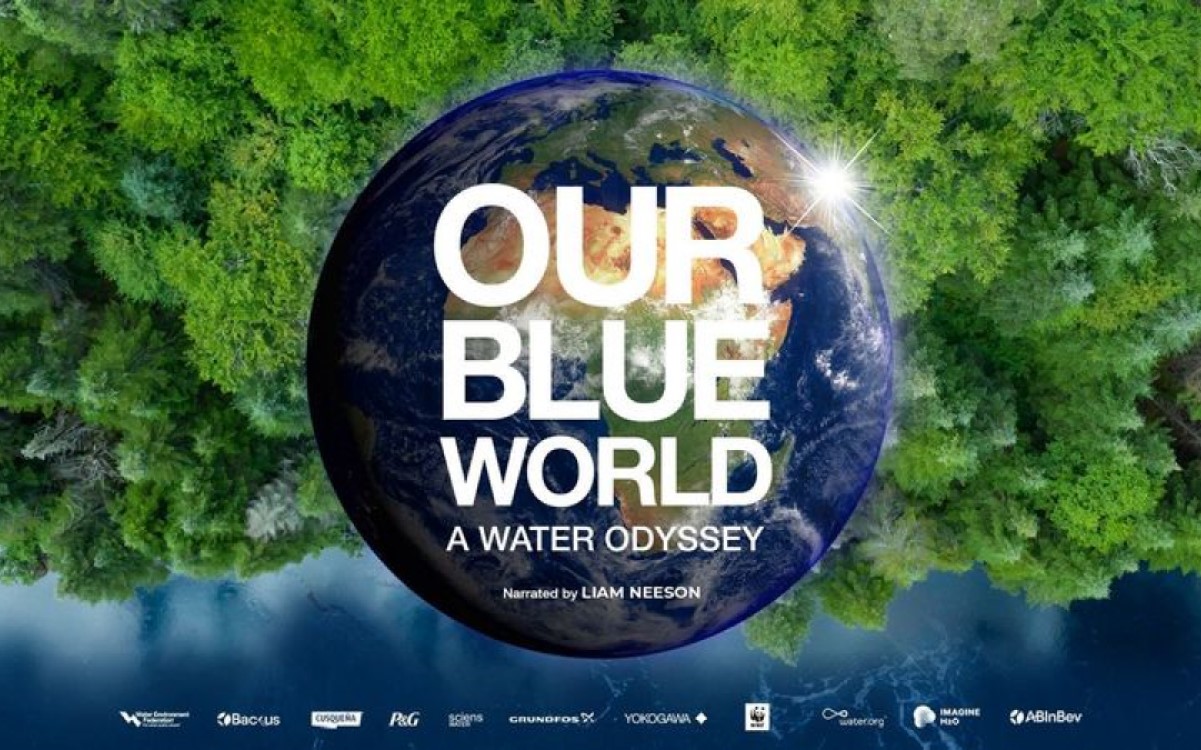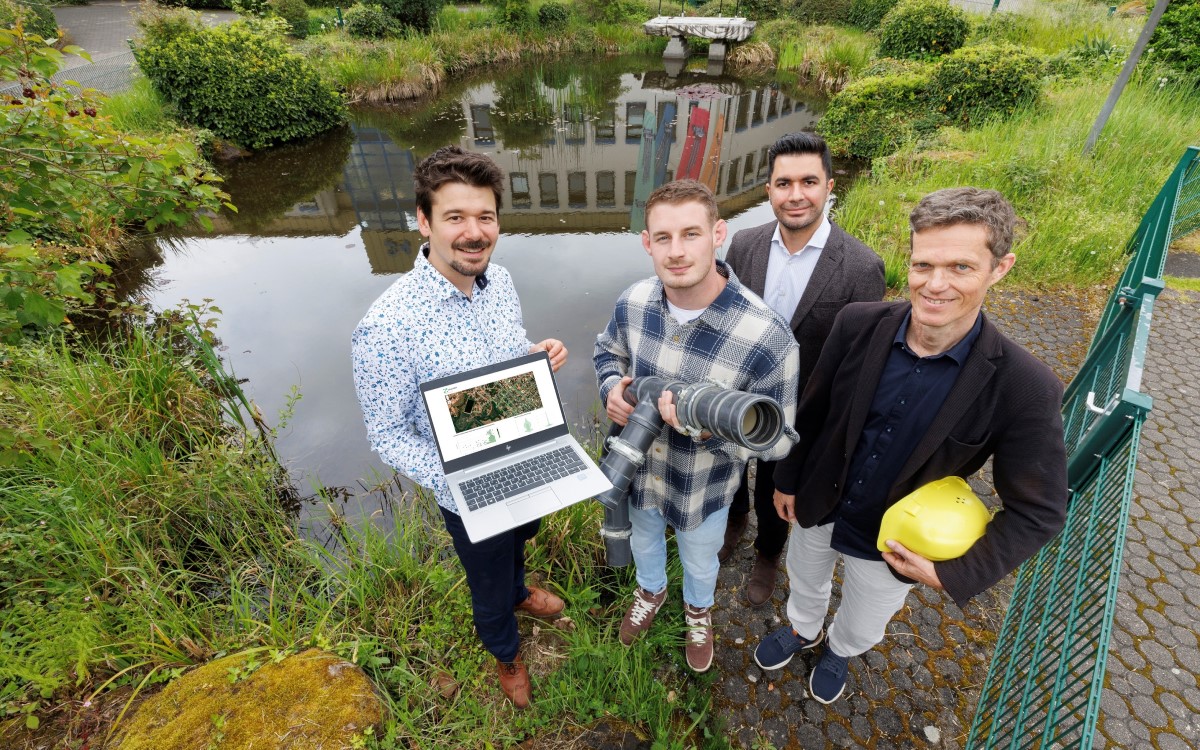January 2, 2024 ǀ In many parts of the world there is a shortage of drinking water. Drinking water is also used to irrigate crops and for various industrial processes. This is neither sustainable nor efficient. Therefore, a new research project has been initiated at Mälardalen University, Sweden, to create effective methods to transform industrial process water and wastewater into a valuable resource for food production.
The Unity4Water research project is being conducted in collaboration with Mälardalen University (MDU), Research Institutes of Sweden (RISE) and some 30 partners in industry and food production. The project is being funded with just over SEK 14 million from Vinnova’s strategic innovation programme for Process industrial IT and Automation (PiiA). The project’s total budget is SEK 31 million, and the participating business partners are also contributing with funding.
Rethinking the way we use water
Monica Odlare, Professor of Environmental Engineering at MDU and Coordinator for the Unity4Water project believes that it is essential to re-evaluate the way we use water.
“In our fast-paced and changing world, where climate changes and a growing population poses serious challenges, we must rethink how we use water, energy and produce food,” she says.
Malin Rosqvist, Programme Manager for the strategic innovation programme PiiA, highlights the industry’s role in this project.
“Water and access to water is an increasingly important issue for the process industry, which consumes large quantities of water, both in Sweden and abroad. This also includes purification of the water used, both for the industry’s part and for the symbiosis with society that the companies are part of through the water and sewage systems.”
Carbon capture, AI and mini-drones
The Unity4Water research project combines state-of-the-art technology with social sciences. A research and demonstration plant will be built where recycled water will be used to cultivate vegetables. This approach saves water and recycles nutrients at the same time, reducing the need for chemical fertilizers. Advanced technologies such as optical sensors, electronic noses, dynamic light, carbon capture technology, AI and machine learning will be used to monitor the water and optimise crop growth. In addition, the researchers plan to use mini-drones equipped with multispectral cameras to measure the health of plants.
“This technology-conscious practice ensures that the crops get exactly what they need, which reduces waste and maximises efficiency. Also, we would like visitors to see with their own eyes how processed water and wastewater are transformed into a valuable resource for growing food,” says Monica Odlare.
Interdisciplinary and international
Unity4Water is an interdisciplinary project which brings together 29 partners. Researchers from MDU, RISE, Mittuniversitetet (Mid Sweden University), Lund University, Biotech Heights and Chalmers Industriteknik have joined forces with representatives from several companies and industries such as Agtira, TetraPak, Heliopspectra, Sensative, Codon Consulting, Siemens, Mälarenergi, Eskilstuna Energi & Miljö, ICA Maxi, Swegreen and DirectCarbon. There are also plans to expand internationally, starting with a pilot project in Wichita Falls, Texas.
“The Unity4Water project is an important step towards a more sustainable and resource-efficient future. As a result, it not only concerns research but is also about community involvement, education and an opportunity to contribute to a paradigm shift in how we view and use our water,” concludes Monica Odlare.
Contact for scientific information
Monica Odlare
Professor of Environmental Engineering at MDU and Coordinator for the Unity4Water project
monica.odlare@mdu.se
Malin Rosqvist
Programme Manager for Vinnova’s strategic innovation programme for Process industrial IT and Automation (PiiA)
malin.rosqvist@ri.se







